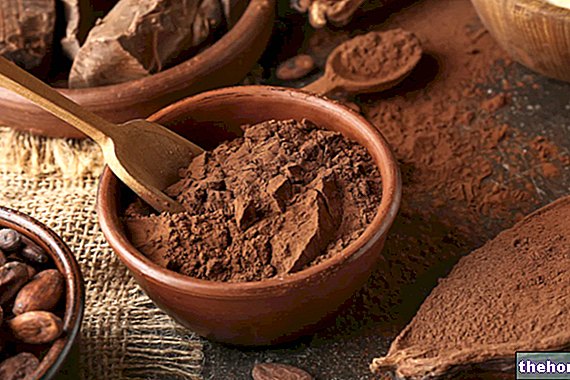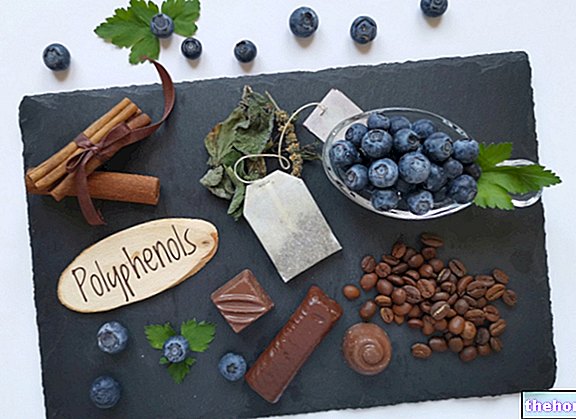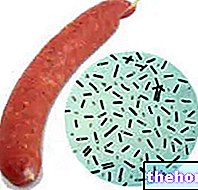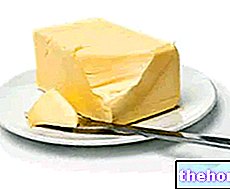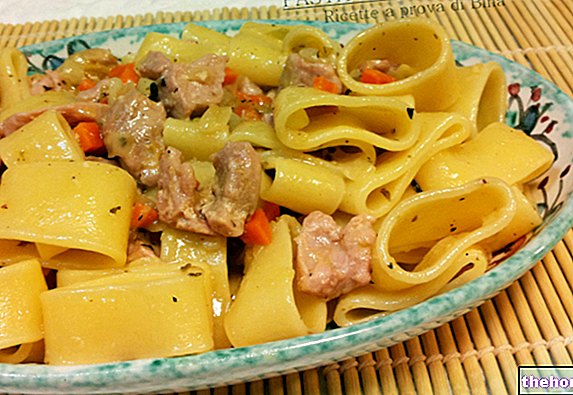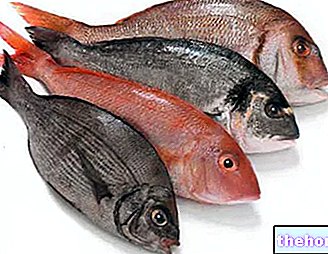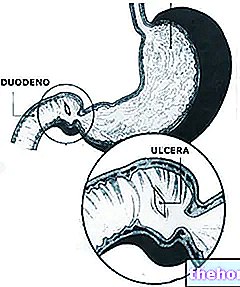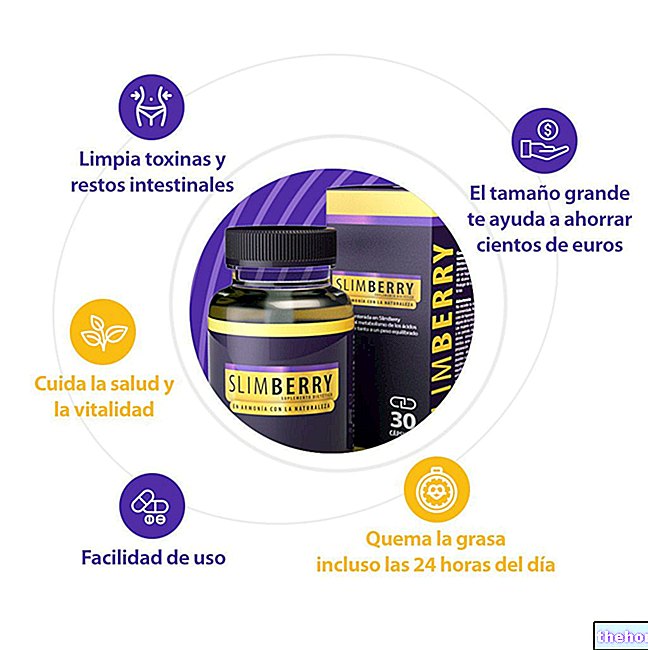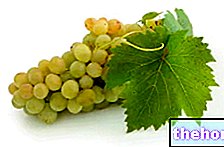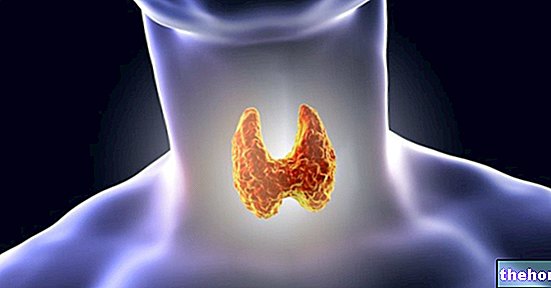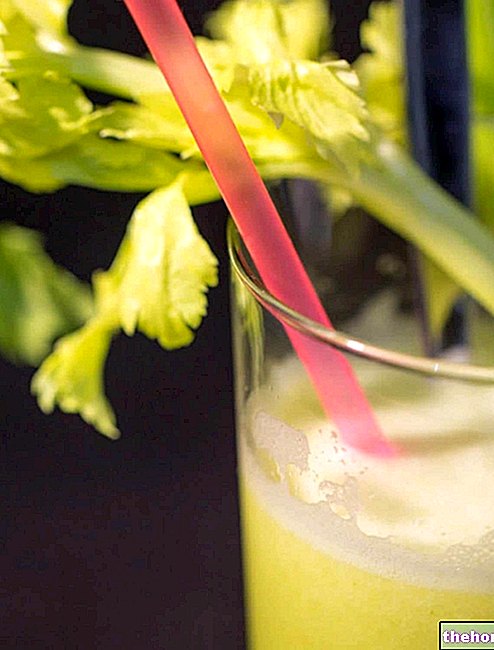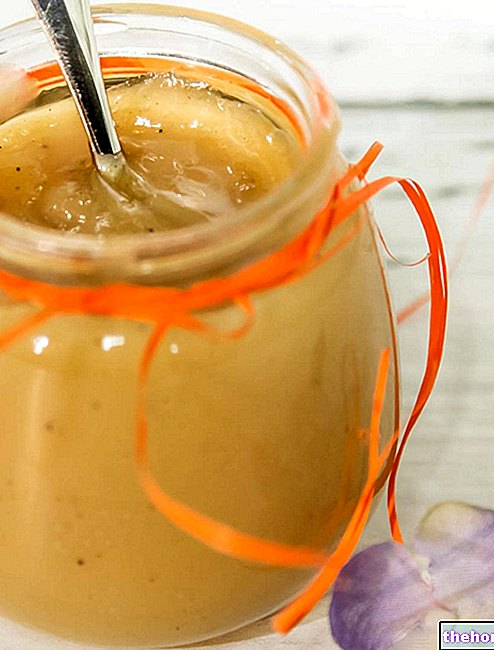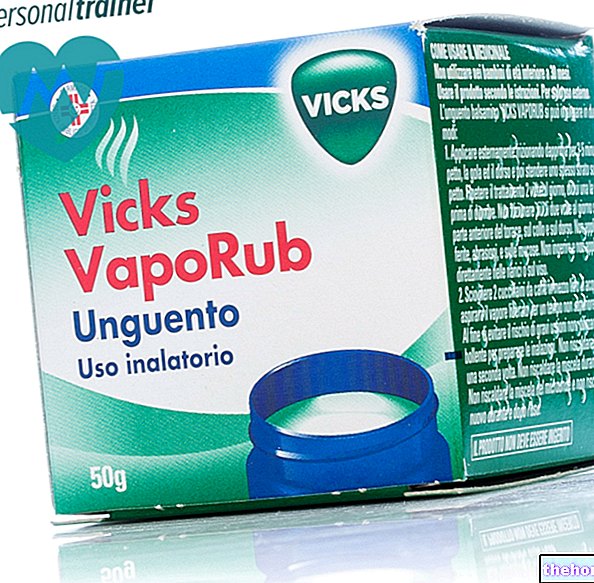Chia seeds are small seeds with a flat and oval shape, and with a shiny and smooth texture.
They can be white or black and both are produced from a plant called Salvia Hispanica, which belongs to the mint family and is native to Central America and southern Mexico.
, the benefits and uses, however, the white or black seeds are equivalent.
The choice, therefore, is dictated only by which predominant color you want to give to your dishes, since black Chia seeds add a greater chromatic contrast to the dishes they enrich, while the white ones blend more easily.
in 100 grams of Chia seeds are:- Calories: 486
- Water: 6%,
- Protein: 16.5 grams,
- Carbohydrates: 42.1 grams,
- Sugar: 0 grams,
- Fiber: 34.4 grams,
- Fat: 30.7 grams,
- Saturated: 3.33 grams,
- Monounsaturated: 2.31 grams,
- Polyunsaturated: 23.67 grams,
- Omega-3: 17.83 grams,
- Omega-6: 5.84 grams.
Chia seeds are also gluten-free, therefore suitable for those suffering from celiac disease.
Carbohydrates and fiber
Chia seeds are an excellent source of carbohydrates and more than 80% of their content is in the form of fiber.
28 grams of Chia seeds boast 11 grams of fiber, a quantity that contributes significantly to achieving the recommended daily reference dose for women and men, set at 25 and 38 grams per day, respectively.
These fibers are 95% insoluble, a type associated with a reduced risk of diabetes. When Chia seeds are placed in water or other liquids, their fibers absorb up to 10-12 times their weight and the seeds turn into a gelatinous mass.
Fat
One of the unique characteristics of Chia seeds is their high content of omega-3 fatty acids which makes them the largest plant source of this element.
Specifically, about 75% of the fats present in Chia seeds consist of omega-3 alpha-linolenic acid, while about 20% of omega-6 fatty acids.
According to the findings of several studies, a "high intake of omega-3 compared to omega-6 would reduce the level of inflammation in the body. Furthermore, it would decrease the risk of some chronic conditions, first of all heart disease.
Proteins
Chia seeds contain 19% protein. This concentration is similar to other seeds but much higher than most cereals. Notably, these seeds offer all nine essential amino acids and are therefore a high quality plant protein.
A high protein intake brings with it several benefits and is often associated with a greater feeling of satiety after meals and a consequent reduced food intake.
Minerals
Chia seeds provide high amounts of many minerals. These are those present in greater concentration.
- Manganese: stimulates metabolism, growth and development.
- Phosphorus: contributes to the maintenance of bone and tissue health.
- Copper: important for cardio-vascular health.
- Selenium: generates antioxidant properties.
- Iron: component of hemoglobin in red blood cells, iron is involved in the transport of oxygen throughout the body.
- Magnesium: plays a fundamental role in many physiological processes.
- Calcium: essential for strengthening bones, muscles and nerves.
The absorption of some minerals, such as iron and zinc, can be reduced due to the phytic acid content in Chia seeds.
, bones and muscles, support to the cardiovascular and digestive system, reduction of aging, acceleration of metabolism and increase of energy, promotion of dental health and reduction of the risk of diabetes.
rather neutral and not at all unpleasant, so they can be combined with different dishes without altering their flavor. Their use could be as an additional ingredient in puddings, mousses, smoothies, yogurt or porridge. They can also be used in baked goods such as muffins, cakes, breads and buns, sprinkled on salads or meats or combined with soups, minestrone, pasta, rice, quinoa and legumes.
Thanks to their ability to absorb liquids and turn into gels, they can also be used to thicken sauces or as a substitute for eggs.
Usually white chia seeds are chosen to enrich dishes with light colors and light characteristics, while black ones are chosen for more important foods. However, these are subjective choices, since there is no substantial difference between the two varieties.
Chia seeds are still not very common in Italy compared to other seeds but can be found in stores specializing in organic or fair trade foods, in herbalists or online.


